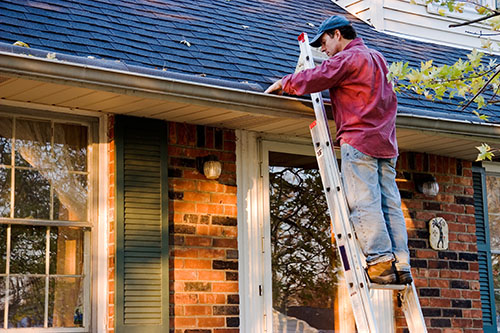Real Estate Investing: 3 Insider Tips to Winning House, Land or Foreclosure Auctions
 House, land and foreclosure auctions can be one of the most nerve-wracking ways to buy a property. However, if you prepare yourself with proven bidding tactics, auctions can be a great way to purchase your dream home at a competitive price.
House, land and foreclosure auctions can be one of the most nerve-wracking ways to buy a property. However, if you prepare yourself with proven bidding tactics, auctions can be a great way to purchase your dream home at a competitive price.
If you’re in-it-to-win-it, familiarize yourself with these top three tips and tricks before attending a real estate auction.
Give The Right Impression
While you may not have control over what other bidders are willing to pay for a property, you do have some control over their perception of whether or not bidding against you is worthwhile. Come well-dressed and maintain a confident demeanour to give the appearance that you are a serious buyer, one whom ‘the other guy’ likely can’t out-bid.
To enhance this appearance, do not make an offer right away. Wait until the bids have reached approximate 80% of your maximum price and then join in, as it will knock out the bargain hunters. A big first bid can be intimidating to others, making them question whether they stand a chance against you. Following bids should be made quickly and confidently to send the message that you are the person who will be closing this deal.
If you are extremely anxious to place bids, consider hiring a professional bidder to do the work for you. A seasoned pro will be able to maintain their cool while placing bids strategically to maximize your chances of getting the property you want at the price you want.
Know Your Limit
Never go into an auction without knowing your absolute limit. If you are emotionally invested in the property it is best to write your limit somewhere on the inside of your hand, so that you are forced to remember it when you’re tempted to exceed it.
In terms of setting a limit, pick a figure that isn’t rounded. Many buyers will set limits such as $500k or $1.2 million, and will drop out after these round figures have been reached. If your limit is $515k or $1.25 million, you will have an extra cushion than may just barely outbid your rivals – and that’s all you need to win.
Ask The Hard Questions
Do your research beforehand and ask the auctioneer about the property’s flaws. Questioning whether the deck is up to code or whether there is still a possibility of road widening could make other bidders second guess the property and drop out before bidding has even begun.
Ready to blow the competition out of the water? Make sure you are completely prepared for an auction, contact your trusted mortgage professional today.
 Many people dream of buying their ideal retirement home after their career has come to a conclusion – with all that extra free time it seems like it’d be the most logical time to shop around.
Many people dream of buying their ideal retirement home after their career has come to a conclusion – with all that extra free time it seems like it’d be the most logical time to shop around. New homes can be scary. But when you take the time to think about it, and plan ahead, maintaining a home is easier than you think a manageable mix of experience and common sense. Here are five skills that will help maintain your new home for years to come.
New homes can be scary. But when you take the time to think about it, and plan ahead, maintaining a home is easier than you think a manageable mix of experience and common sense. Here are five skills that will help maintain your new home for years to come.